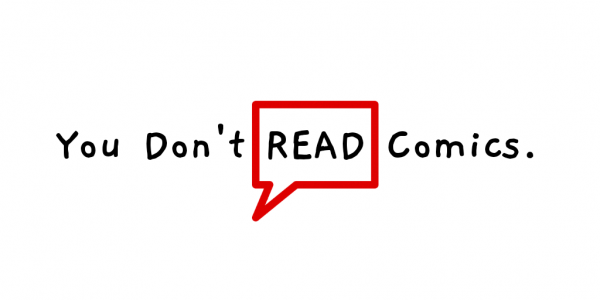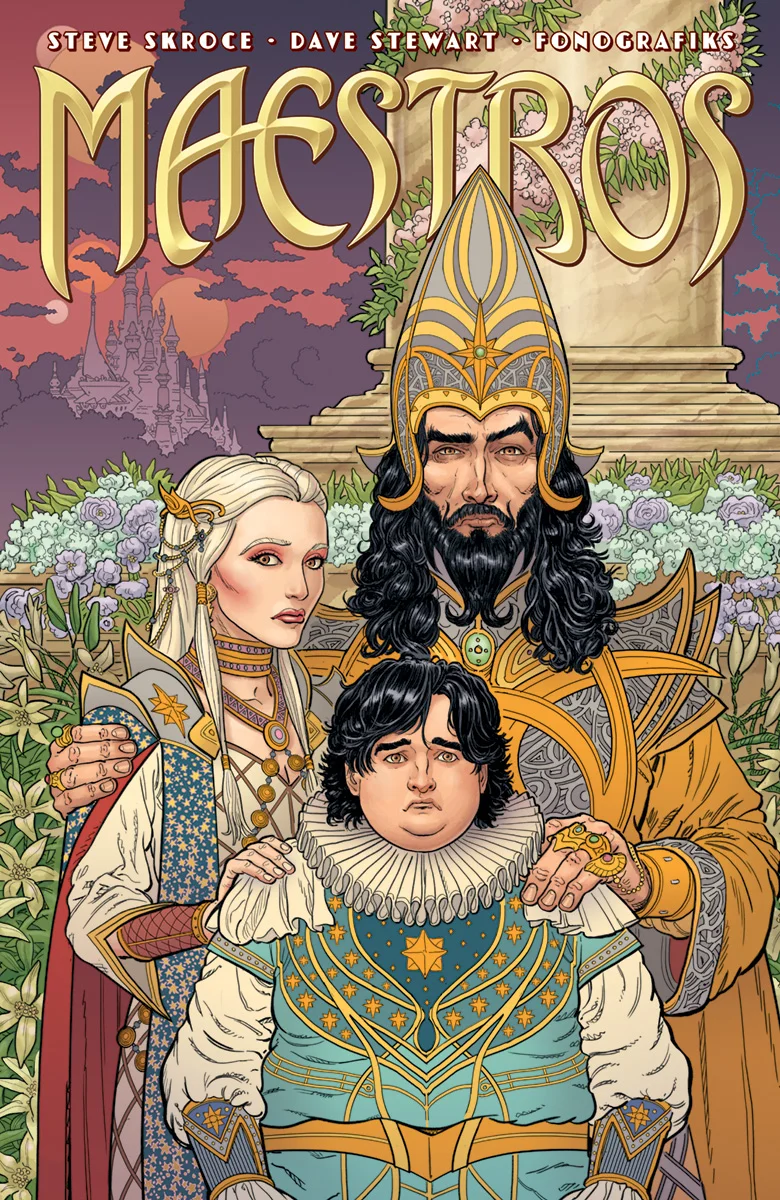Bingo Love OGN Review
The most important aspect of You Don’t Read Comics’ mission statement, encouraging others to read comics, is the belief that comics as a medium should not be pigeon-held by demographics and genre. The actual art form of comic books offers unique opportunities for creators to construct masterworks in every possible narrative direction, standing in the well-deserved spotlight right along the more recognizable cape and spandex titles. Masterstrokes like Bingo Love by Tee Franken and Jenn St-Onge which uses the often ignored genre of romance comics to weave a timeless tale full of self-discovery, family, and love.
For some background, Bingo Love is a highly anticipated original graphic novel that brings an LGBT positive spin to the romance comic genre; being brought to fruition via crowdfunding website Kickstarter. The funding campaign was a huge success, raising just under $60,000, nearly 3 times the initial goal, thanks to the contributions of over 1,900 people. This shows a clear interest in a desire for this type of story (romance) featuring types of characters that might not be chosen as subjects (LGBT women).
The story begins in 1963, Paterson NJ, with the budding friendship of two young high school women of color named Hazel and Mari. The girls quickly warm up to each other, playing Sunday bingo together with other and their respective grandmothers, Mari giving Hazel (the book’s point of view character) the nickname “Elle” as a sign of endearment, and Hazel’s romantic attraction for Mari growing as they spend more time together. This culminates Senior year with the two sharing a kiss and both admitting they have feelings for the other. This, unfortunately, lasts relatively short as they are separated by their intolerant families for their taboo attraction, and do not see or hear from the other, with both girls expected to move on. Hazel is forced by her family to take a husband named James Downing and they both grow old in Paterson, raising three children and living out her days in a comfortable but ultimately loveless marriage for nearly 60 years…..Until one bingo game on Mothers Day, 2015.
Mari has returned to Paterson, and, by extension, to Hazel. They are both now married women with their own families but still feel just as much passion for the other as they did so many decades ago. This is where the story really begins; a tale of enduring love between two women that survived an entire life apart from one another but still feel as strongly as they did from the moment of their first kiss. And even though this reunion is just as magical for the two women involved, some questions remain: what about their families? Do they have an obligation to the ones they love? Or does their own self-happiness and self-care supersede loyalty to their families?
All of these questions are powerful ones that give the story a realistic weight, which speaks to the exceptional writing of the graphic novel. Bingo Love is a structural marvel, leaving not even a single artistic oversight that does not add a purpose or excels the narrative. The characterization and dialogue are so genuine and compelling that they feel like real people bursting off of the page. It could have been so easy to make a character like Hazel’s husband an antagonist; a hateful bigot who never wanted or loved Hazel to begin with, and upon hearing her feelings for Mari goes to over the top lengths to stop them from being together. But cliched trappings like that are avoided, and instead, there is the more interesting, realistic dynamic of two people who have affection for each other but settled too early. This conflict is a well-executed exploration of personal happiness that fits into the larger themes of the book and Hazel's journey to self-actualization.
This genius script is accompanied by the gorgeous art of Jenn St-Onge. A relative newcomer to the industry, St-Onge has built a pretty sizeable following due to her much loved work with IDW’s Jem books and indie darlings like Finding Molly: An Adventure in Catsitting for Emet Comics. The work she brings to Bingo Love shows why her illustrious reputation precedes her. St-Onge’s clean lines are akin to the stylistic art design that might be seen in animation like Samurai Jack or Adventure Time, which allows St-Onge to instill a lot of emotion and detail without it becoming distracting. St-Onge uses these visual cues to denote action, motivation, and emotion making Bingo Love an outstanding visual work as much as a literary one.
With so much buzz and eyes on the project, Franklin and St-Onge had a lot of expectation to live up to, not only have they fulfilled those expectations but wildly improved upon them. Bingo Love tells an amazing, thematically rich, character focused story that is already poised to be a favorite of many in 2018.
A+










